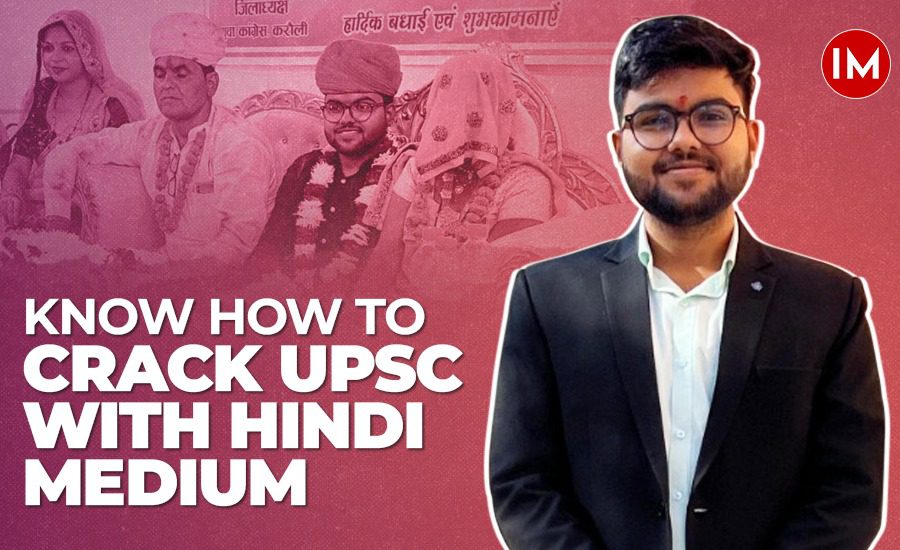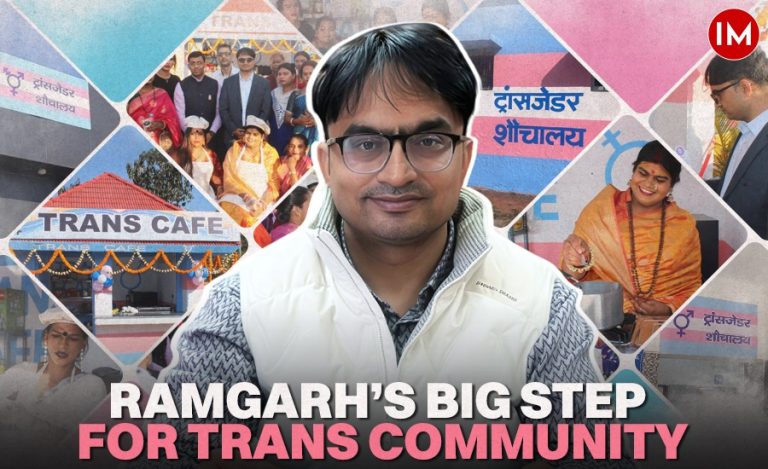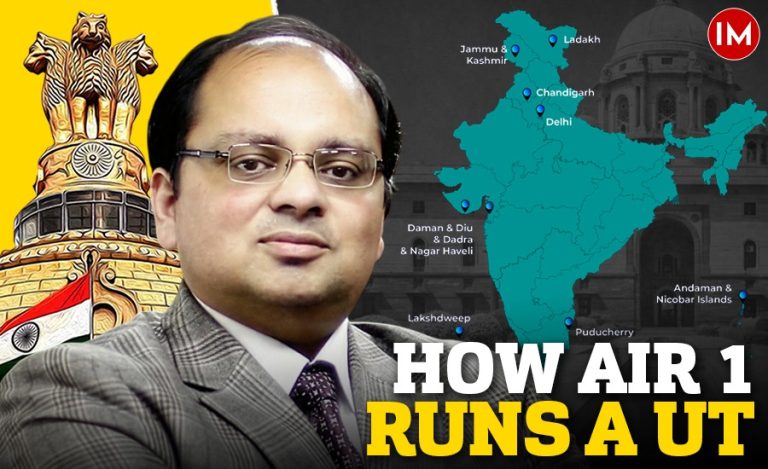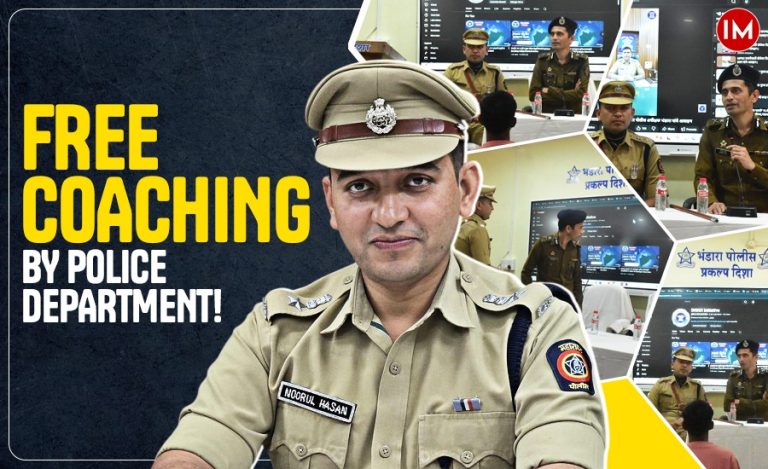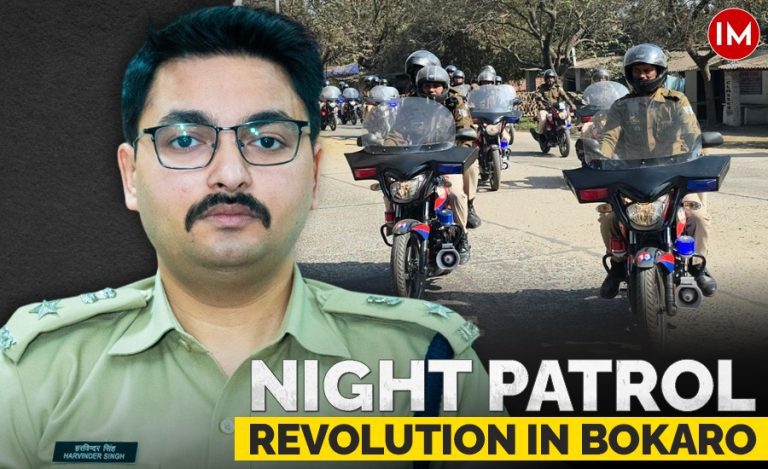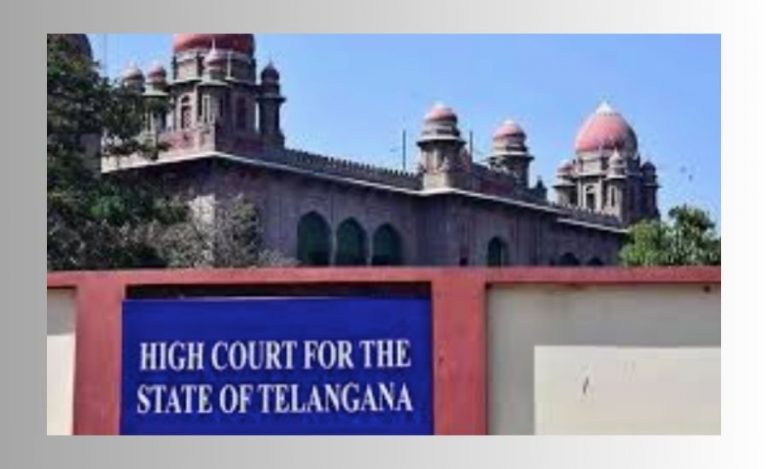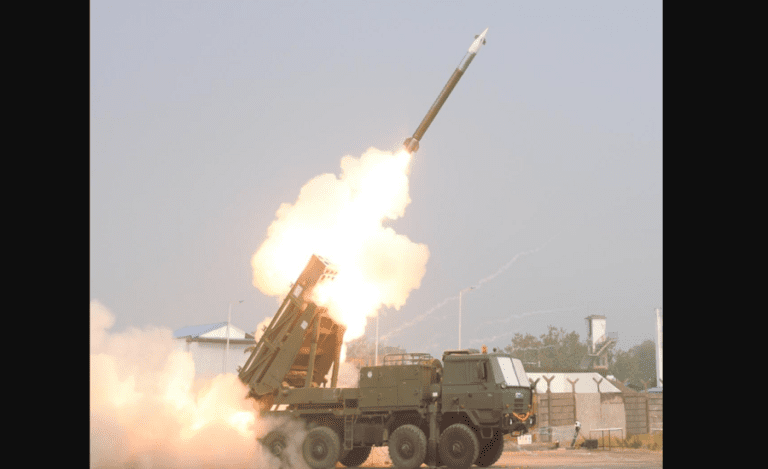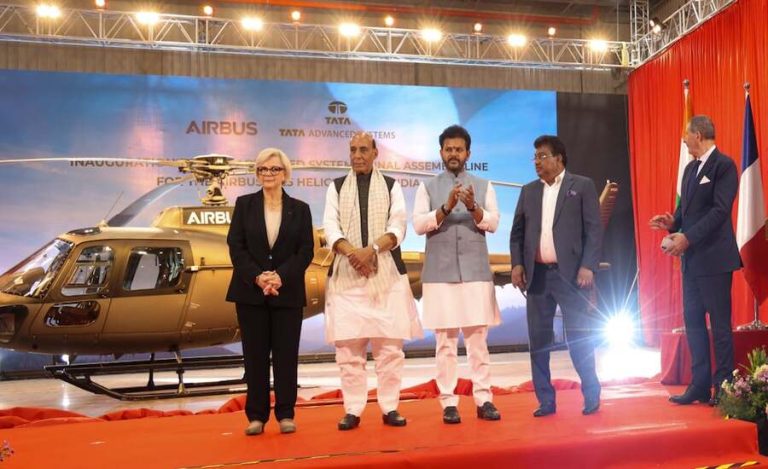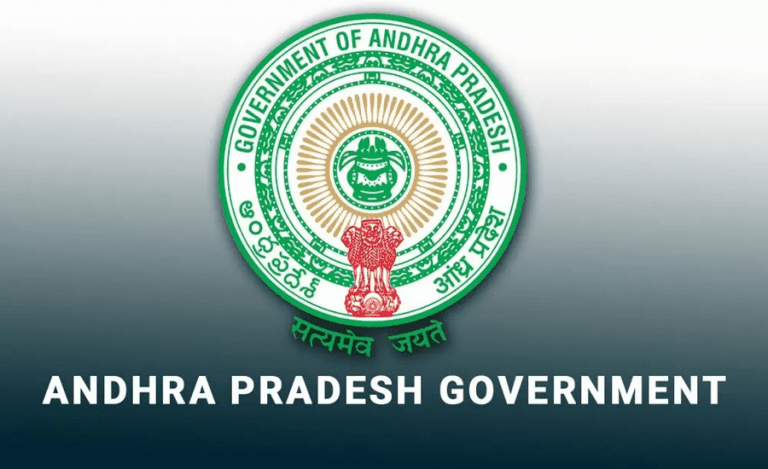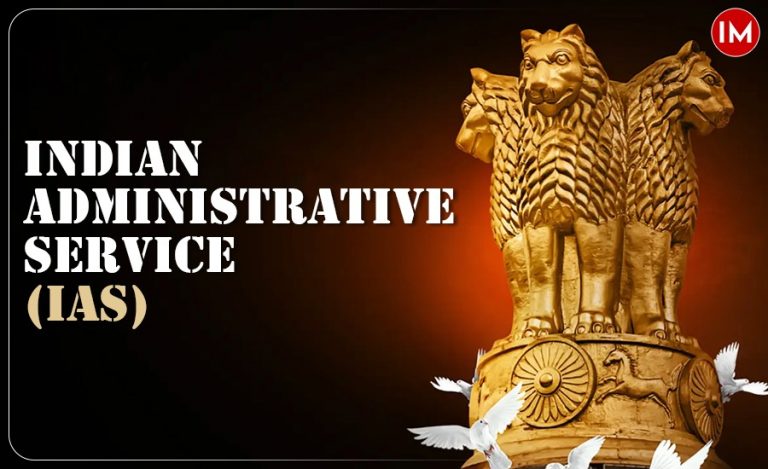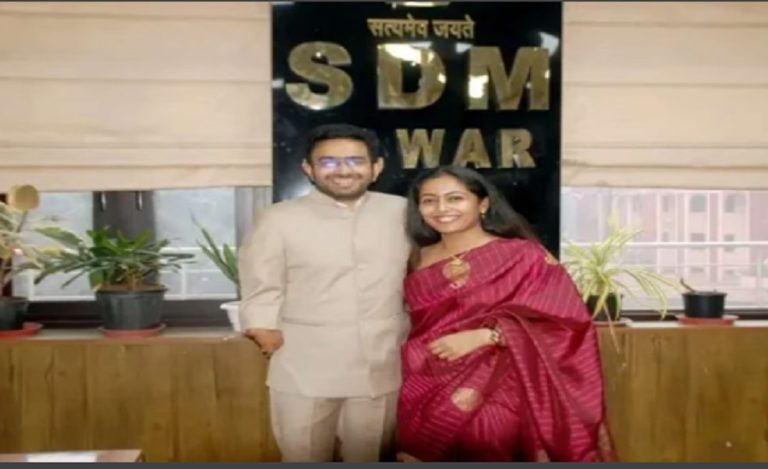Preparing for the Civil Services exam in Hindi medium is no easy feat. One not only contends with numerous obstacles but also confronts pervasive myths that can demoralize at every turn. However, individuals like Vikas Kumar Meena stand apart. He turned those obstacles and myths into stepping stones, propelling himself towards success. Hailing from a Hindi medium background, he embraced the journey with courage, recognizing that his strategy would be key to navigating the complexities of the examination.
Notably, he adopted a unique approach, immersing himself in rigorous preparation only after clearing the prelims, a testament to his strategic acumen. Amidst the trials of mock interviews, he grappled with nerves, yet his unwavering commitment propelled him forward.
His story not only sheds light on the triumphs of a Hindi medium aspirant but also unveils the intricacies of UPSC preparation, from meticulous planning to acing the daunting interview stage.
Speaking exclusively with Indian Masterminds, Vikas narrated his journey, detailing each aspect.
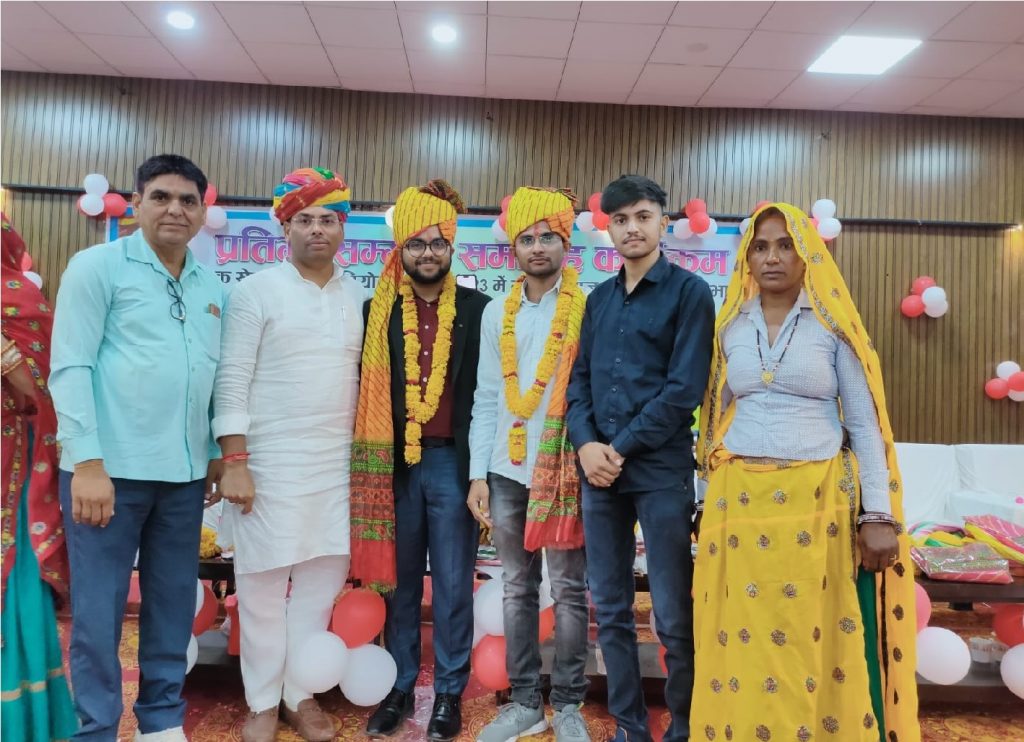
JOURNEY SO FAR
He started his civil service preparation after completing his engineering degree in May 2021. Then, he joined coaching in December 2021 in Delhi. After cracking the prelims in CSE-23, he opted for the Mains mentorship program in his coaching.
His first attempt was in UPSC CSE-2022. He didn’t prepare much for it and unfortunately failed in the preliminary stage itself.
However, in his second attempt at UPSC CSE-2023, he cracked the exam with AIR 672. Coming from the ST community, he might get Indian Foreign Services. He said, “It’s a small journey, yet it possesses numerous layers.”

CHALLENGES FOR HINDI MEDIUM
Discussing the challenges faced by Hindi medium aspirants, he highlighted the psychological impacts on them. He mentioned that students from Hindi medium backgrounds often do not consider life beyond the UPSC exam, believing it to be their sole focus. This mindset is harmful and often negatively impacts them emotionally.
Additionally, he pointed out that Hindi medium students, typically from arts backgrounds, struggle with the CSAT section, which contributes to their lower preliminary exam pass rates. Furthermore, he emphasized the lack of high-quality study materials available for Hindi medium students.
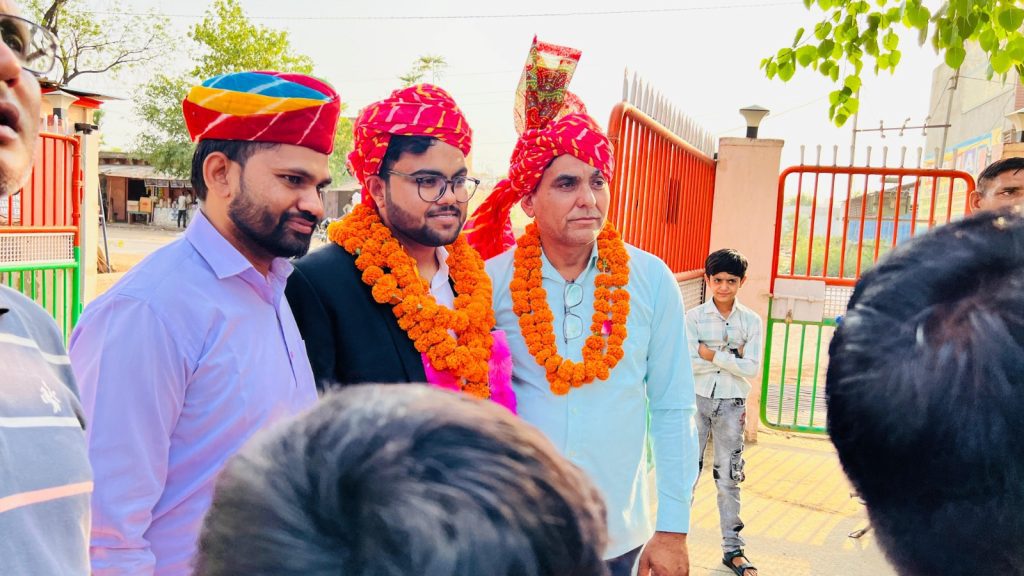
BACKGROUND
Vikas comes from Bajheda Village in the Hindaun Tehsil of Karauli district, Rajasthan. His father works as a school lecturer, and his mother is a housewife. He has a younger brother as well.
He has been a diligent student since his childhood. He completed his education up to the 10th grade at Adarsh Vidya Mandir in his hometown. He then achieved an impressive 90 percent in his 12th-grade exams at a school in Sikar District. Following this, he pursued a Bachelor of Technology in Electrical Engineering at NIT Delhi, graduating in May 2021.
After completing his engineering degree, he received a job offer from a multinational corporation. However, instead of accepting the position, he chose to pursue civil service, aligning with his father’s wishes as well.
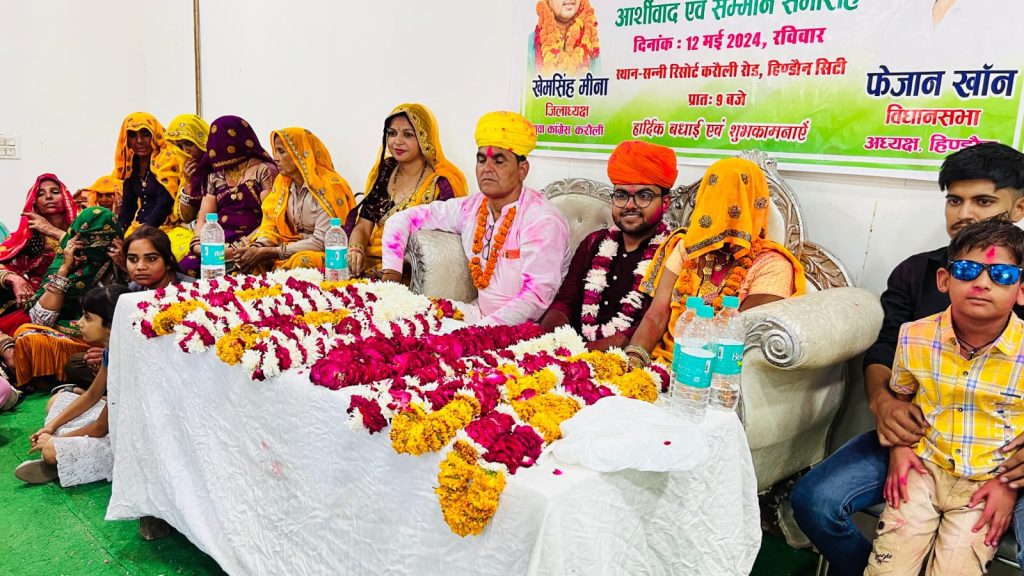
UPSC
His preparation was meticulous and target-oriented. He set daily goals for specific topics and ensured he met them regardless of the challenges.
Additionally, he planned monthly targets for each subject, breaking them down into fortnightly segments. To familiarize himself with the exam pattern, he solved previous years’ question papers (PYQs) spanning the last 10 to 15 years.
Since he wrote his answers in Hindi, he placed a significant emphasis on daily answer-writing practice. He completed numerous full-length tests, which bolstered his confidence about finishing the entire paper on the day of the exam.
He explained, “Since I was from a Hindi medium background, the biggest hurdle for me was to first pass the prelims; then, I planned to take it from there. There’s a misconception about Hindi medium candidates that merely finishing the exam paper in prelims and mains is an achievement. This is considered a significant challenge. However, this is just a myth, as almost everyone completes the paper.”
For current affairs, he consistently read newspapers throughout his preparation. He engaged with various test series offered by coaching centers and participated in mock interviews. He experienced significant nervousness during his mock interviews and often broke into a sweat.
His daily study routine lasted 8 to 9 hours. His chosen optional subject was Hindi literature. Interestingly, he began preparing for his optional subject only after passing the prelims. He created his own notes for this part of the exam.
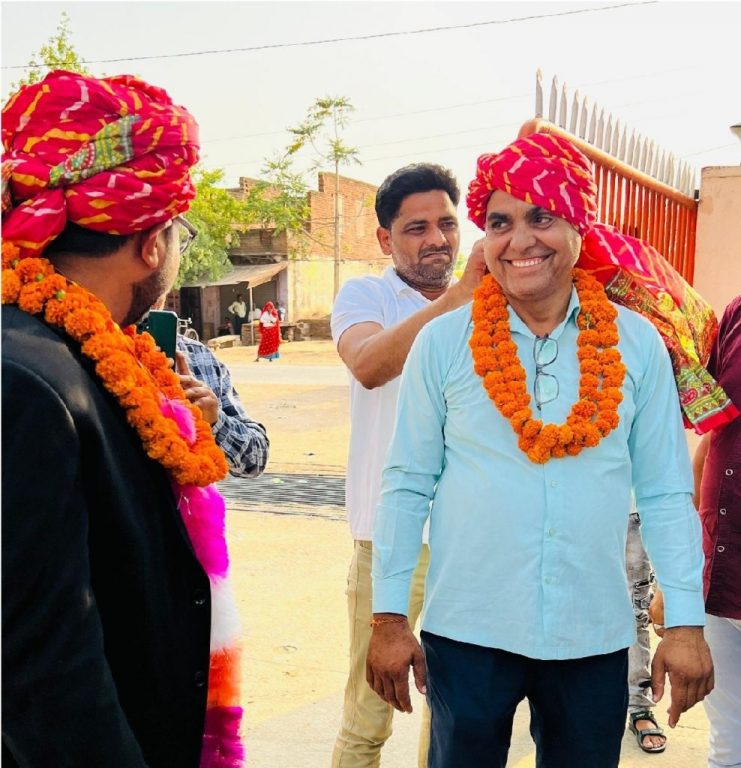
INTERVIEW QUESTIONS
His interview was highly successful, as evidenced by his impressive score of 185 marks. The session lasted approximately 35 minutes, during which he responded to all questions with ease.
Most of the questions were opinion-based, reflecting his ability to think critically and articulate his views clearly. Right after he entered the room, without any preliminaries, a board member quickly asked him why Ram Dhari Singh Dinkar is considered a national poet. He speculated that this question was directed to him because one of his hobbies includes writing poems in Hindi.
The scope of the questions varied widely, ranging from his background to broader topics like privatization and diplomacy. One of the more contemporary questions concerned Elon Musk’s Neuralink project, showcasing the interview’s current affairs relevance.
He was also engaged in topics such as reservation and women’s empowerment. Questions like “What do you think about reservations?” and “There are loopholes in the ST/SC reservation system. How can these be fixed?” were posed. He suggested that sub-categorization and the creation of a creamy layer could be potential solutions, and he elaborated on these ideas.
Regarding women’s issues, he was asked for his thoughts on contemporary challenges facing women. Another member inquired about strategies to preserve historical sites and develop them into tourist hubs, tapping into his understanding of cultural conservation and economic development.
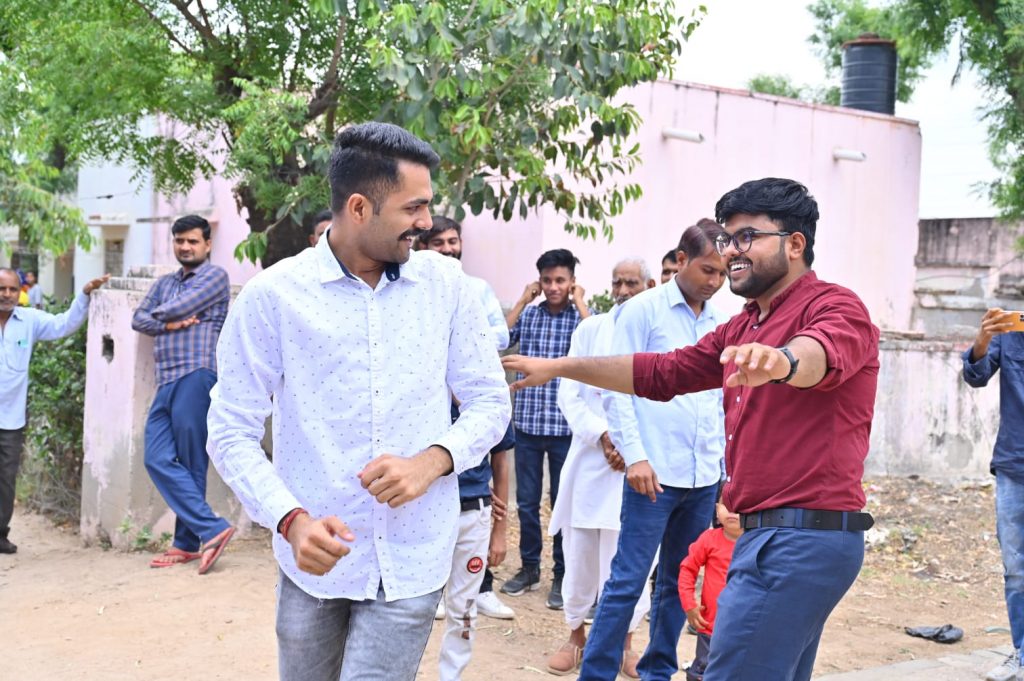
MESSAGE
In his message to aspiring candidates, he advised, “Don’t be intimidated by studying in Hindi Medium. Formulate your own strategy. Instead of merely memorizing information, focus on understanding the concepts and practice writing them out.”
He emphasized the importance of setting achievable short-term goals, saying, “Set your short-term targets and strive to complete them on time; if not, don’t go to bed until you do.” This advice highlights the importance of discipline and perseverance in the preparation process.

